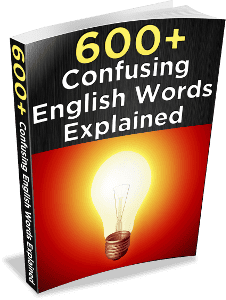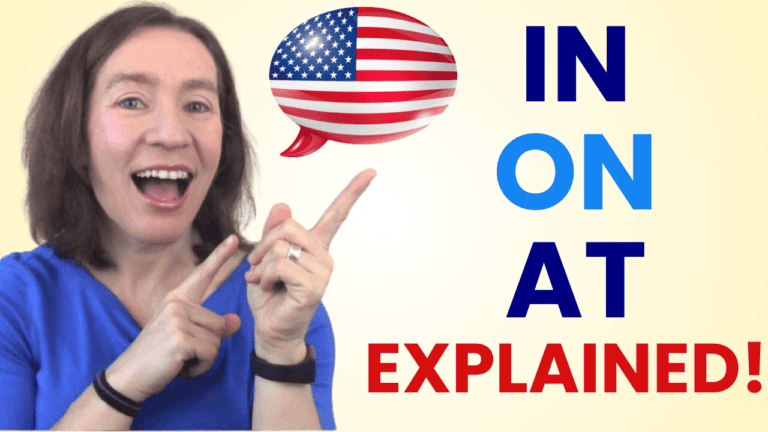
 The e-book 600+ Confusing English Words Explained will help clear up your doubts about how to use English words correctly, so that you can speak and write more confidently.
The e-book 600+ Confusing English Words Explained will help clear up your doubts about how to use English words correctly, so that you can speak and write more confidently.Click here for more information!
Today you’ll learn some common English words that are often misused because they are so similar. The only difference between them is a space, or one letter. The context of the sentences will help you understand how to know which one to use.
1. Already vs. All ready
Already = something that has happened previously
All ready = everyone or everything is ready
The clothes are clean – I’ve already washed them.
Hey guys – are you all ready for the road trip?
2. Sometime vs. Some time
Sometime = an unspecified point in time
Some time = an unspecified amount of time
Let’s go out to eat sometime next week.
I met her some time ago and we have remained good friends.
3. Anyway vs. Any way
Anyway = in any case
Any way = any manner; by any means
I don’t mind coming to work early. I’m a morning person, anyway.
If there’s any way you can help us, we’d appreciate it.
4. Everyday vs. Every day
Everyday = an adjective meaning ordinary or casual
Every day = describes how frequently you do something
You like this dress? It’s just my everyday dress that I wear around the house.
I make sure to drink five glasses of water every day.
5. Everyone vs. Every one
Everyone = refers to all people (same as “everybody”)
Every one = refers to individual objects. We often say “every single one” to emphasize it.
Everyone has a special skill that makes him or her unique.
He was totally unprepared for the test; he got every single one of the answers wrong.
6. Apart vs. A part
Apart = physically separated
A part = one part of something
The pillars are about five feet apart from each other.
I gave her a part of my sandwich.
Note: We often use simply “part” rather than “a part,” so we could also say “I gave her part of my sandwich.”
7. Altogether vs. All together
Altogether = completely. It can also be used to show that an amount is a total.
All together = in a group
The traffic was very slow, and then it stopped altogether. (= completely)
We sold our CD collection for about $500 altogether. (= a total)
I love it when my family is all together at Christmas.







